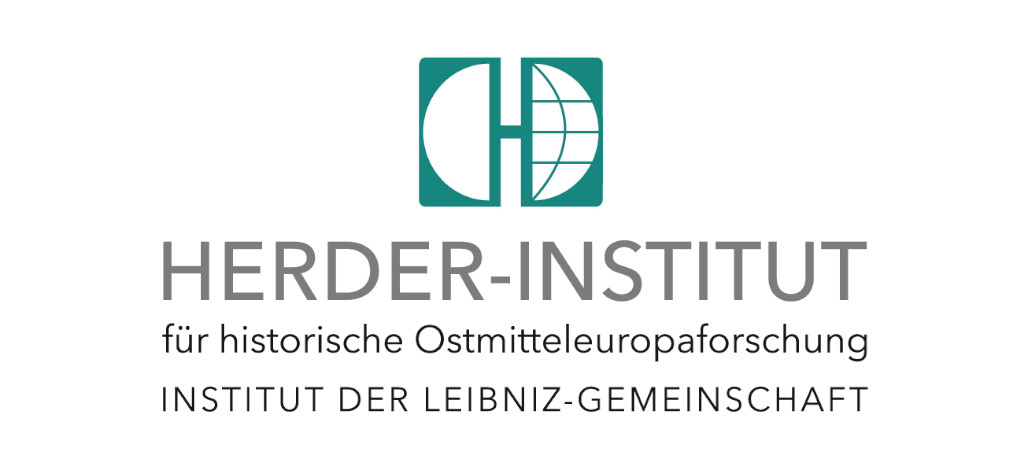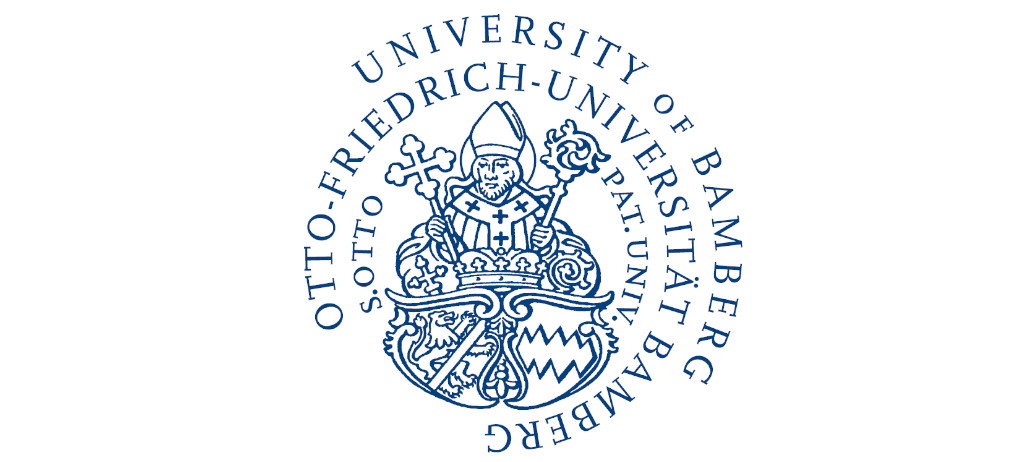Main Content
Subproject B01
Public Peace ('Landfrieden') - Non-Violence and Federal Order in the Early Modern Age
1. Funding period (2014-2017)
This subproject examines the relationship between political order and peacekeeping in the 16th and early 17th centuries. The yield of modernity in the early modern period, which closely links the formation of central state sovereignty with the establishment of internal and external security, will be critically examined by analyzing how federal political systems (Holy Roman Empire, Confederation, Netherlands) established security or guaranteed it for the future. At the same time, it will be examined how new challenges - the confessional problem and subject revolts - could become the object of land peacekeeping and thus of security policy.
The starting point of the research is the public peace ('Landfrieden') policy in the empire between the "Eternal Public Peace" and the Peace of Westphalia. In essence, the thesis will be that in the 16th century the complex federal structure of the empire was based on the organization of the most comprehensive renunciation of violence possible and thus on a system of collective security. Land peace politics will serve as a paradigmatic example of securitization in the early modern period. The dynamics of the establishment of security in the early modern empire stemmed not least from the fact that the concept of the land peace was applied to new challenges. While the Eternal Peace of 1495 focused on stopping the rampant aristocratic feuds, new fields of conflict emerged, to which the logic and instruments of the land peace were applied.
A study analyzes the Holy Roman Empire between 1500 and 1618 on the basis of the land peace policy as a system of collective security. Three aspects guide the research. First, the communicative aspect of securitization will be described on the basis of political communication at conferences on different levels of the empire. Second, the space-forming quality of such collective keeping of public peace in the empire will be investigated. The delegation of public peacekeeping to the estates and the imperial districts will be analyzed in continuity with the experience of regional public peace ('Landfrieden') organizations, but now under the conditions of a nationwide organization of the estates. Thirdly, the actors of public peacekeeping and the role of violence will be examined on the basis of the execution of the public peace.
In addition to the first study, a second study focuses on the "Gartknechte", a specific and in the 16th century particularly prominent group of endangerers of the public peace. The argumentation here is thus from the perspective of a specific security problem in order to be able to make statements about discourses and practices of securitization in the early modern empire. Obviously, the problem of the "Gartknechte" was of considerable importance around 1550 and at least in the west of the empire since the 1580s. The dangerousness of the "Gartknechte" was mainly due to their mobility. Was it precisely this that demanded cooperation across territories and was thus one of the impulses in the empire to expand security spaces?
Inhalt ausklappen Inhalt einklappen Members
Subproject Head
Prof. Dr. Horst Carl
Research Assistants
Dr. Sascha Weber
Marius Reusch



